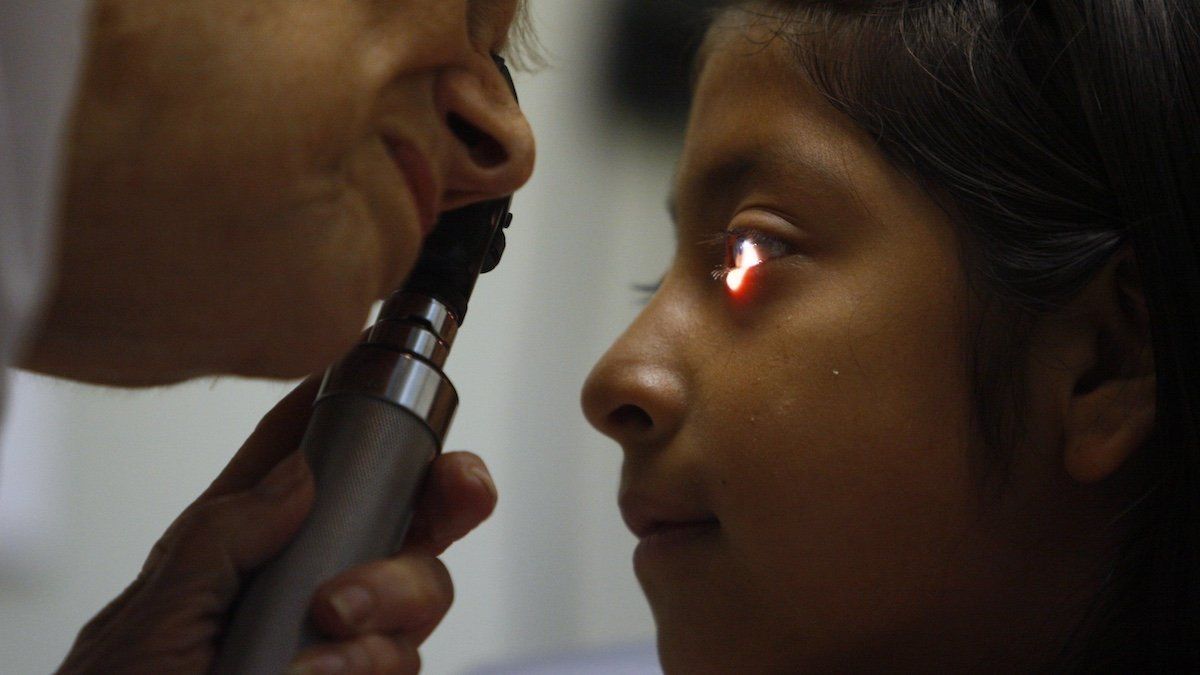Health insurers are routinely using artificial intelligence and algorithms to evaluate insurance claims, but now the tables have turned. Doctors are increasingly turning to generative AI to write appeals for prior authorizations and to fight insurance denials.
A survey from the American Medical Association found doctors and their staff spend an average of 12 hours a week dealing with such denials, which insurance companies routinely issue, even in serious cases including cancer and HIV/AIDS care. Now, with the help of HIPAA-compliant apps like Doximity GPT, physicians can use the power of AI to generate persuasive reply letters, citing all the relevant medical research they need, in minutes.
One physician even told the New York Times that he tells the bot to make his letters four times longer: “If you’re going to put all kinds of barriers up for my patients, then when I fire back, I’m going to make it very time-consuming.”
So the next time you find yourself annoyed by a glitchy AI chatbot customer service, just remember, AI might help you get lifesaving drugs one day.
